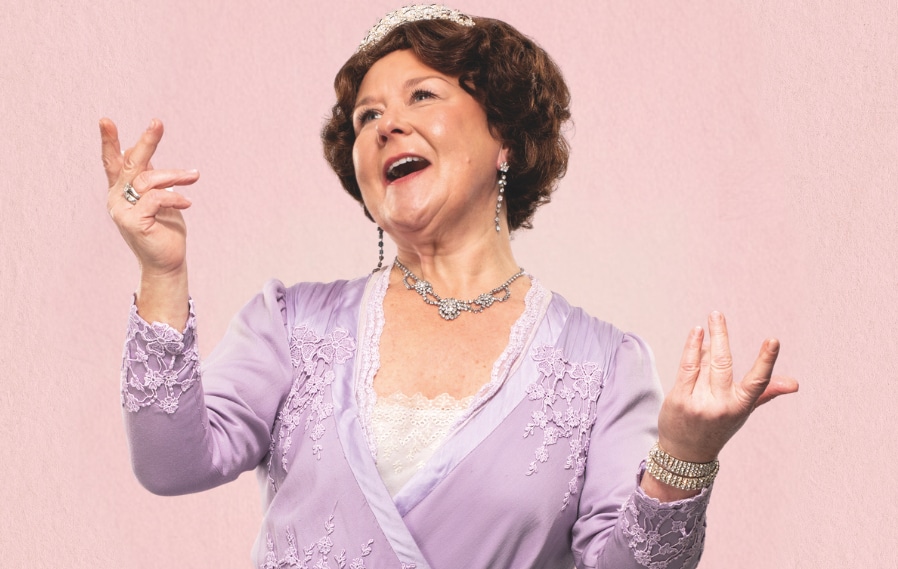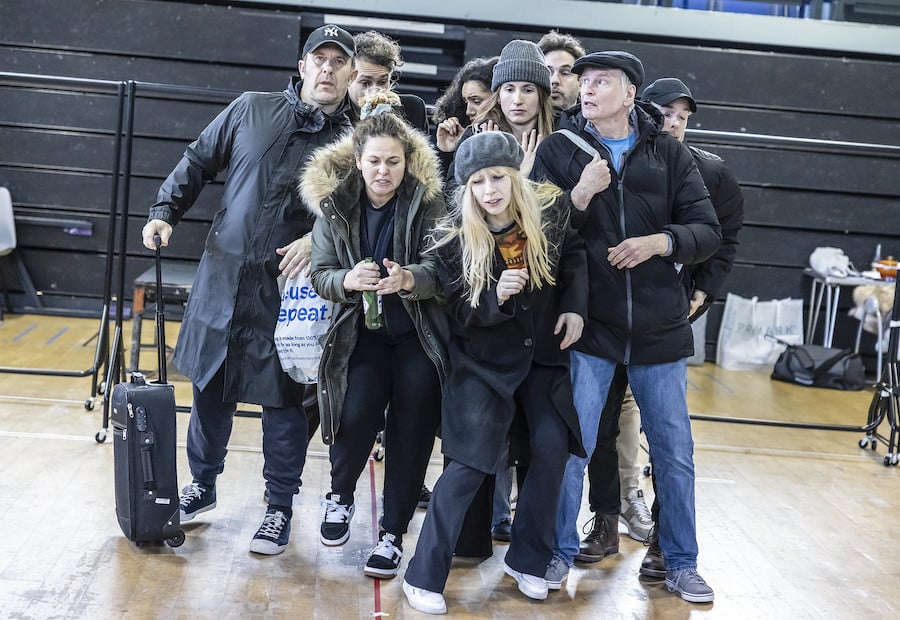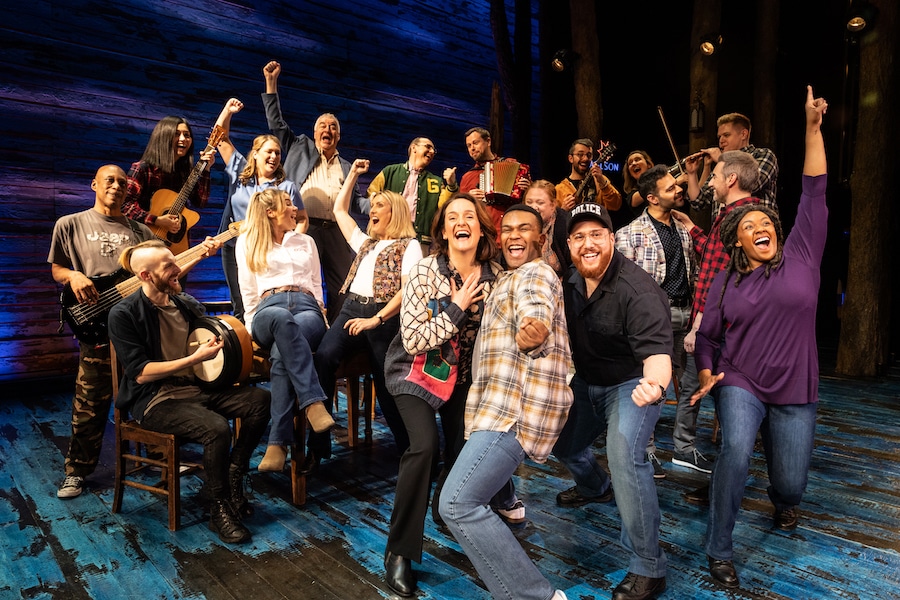The empowered tour guides changing Manchester’s perception of homelessness
- Written by Thom Bamford
- Last updated 1 year ago
- Charity, Community, People
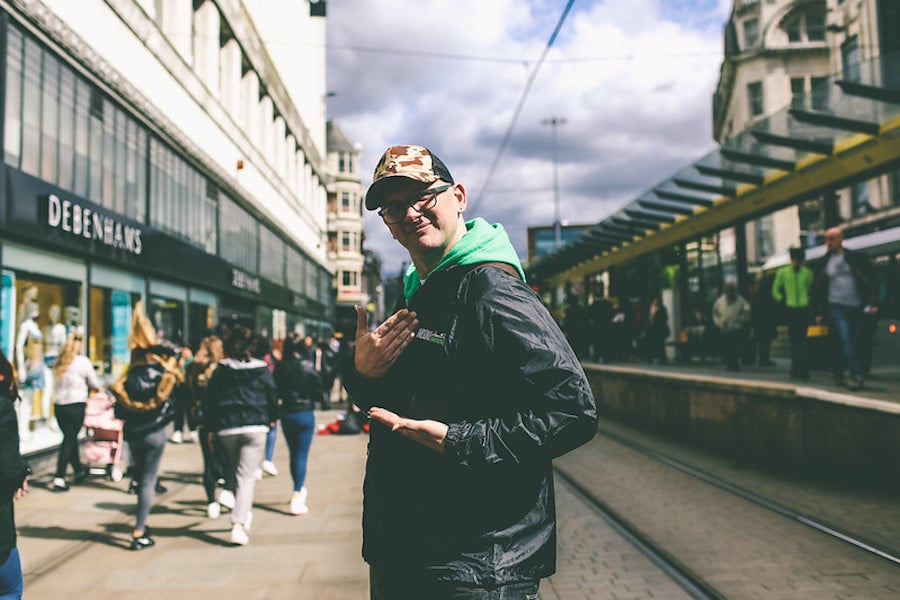
Manchester is full of amazing charities doing great work, and Invisible Cities is no different.
In the heart of urban areas and cities, we can often be guilty of overlooking individuals facing homelessness.
Invisible Cities is hoping to change this, allowing the homeless to earn an income by showing people around town.
Invisible Cities Manchester
Invisible Cities is a social enterprise that trains people who have experienced homelessness to become walking tour guides of their city.
Zakia Moulaoui-Guery, CEO
Founded by Zakia Moulaoui-Guery, this groundbreaking initiative provides opportunities for those often marginalised.
Zakia has just been named one of National Geographic’s Travellers of the Year in 2024.
She has been celebrated as a ‘people’s champion’ for pushing the social enterprise, Living Cities, forward in Manchester so that they can help and support people across the UK.
Here’s what they had to say about her: “Founder and CEO of a U.K.-brd social enterprise called Invisible Cities, Zakia Moulaoui Guery trains people who have experienced being unhoused to become walking tour guides of their own city. The company offers tours in Edinburgh, Glasgow, Manchester, York, and Cardiff, with Liverpool—as well as the Scottish Borders region—to be added in 2024.
“I’ve been told that going on our tours is like following a friend through the city,” Guery says. “Considering the stories of our guides, I think we are succeeding at breaking down the stigma that exists around homelessness.”
We sat down with Zakia to hear the full story behind Invisible Cities; the charity that empowers individuals affected by homelessness with not just jobs, but a renewed sense of purpose and community.
What inspired the creation of Invisible Cities, and how did the idea of training individuals affected by homelessness as tour guides come about?
“My previous work with the Homeless World Cup (Homeless World Cup) took me around the world, either working on events or learning about homelessness and the reasons why it happened.
“This made me work quite closely with organisations like street papers and on a visit to the street paper in Greece (Shedia) we discussed the idea of having their vendors do walking tours as well as selling the magazine which I thought was a brilliant concept that we could easily take to Scotland where I am based.
“You can see this blog post on our website for a bit more info”
How does the training process empower the guides to create unique and personalised walking tours? Can you share any specific success stories from your training program?
“Unlike what happens in other organisations we train first and employ second.
“Our training is open to everyone who has experienced homelessness regardless of their motivations or current situations, if they would like to improve on confidence, public speaking and customer service skills.
“We focus our training on transferrable skills: storytelling, customer service, conflict resolution, etc so they can be used anywhere.
“Part of the training also includes building a tour, at which stage if trainees would like to become guides, they should prepare and go for an interview.
“At this stage, they are onboarded as guides and we work on making their tours unique to them.
“They may start from a theme, or character they love, or a vague idea which we refine with the support of volunteers and mentors and go on lots of practice tours.
“Tours themes include Women of Edinburgh, Music Tour of Manchester, stuff like that.”
“We want Invisible Cities to be a stepping stone towards other opportunities whether that’s straight after training or after being a guide.
“We have had trainees move on to employment (as chefs, working in cafes, etc) or go back to education (care work, business admin) or after being guides to employment as guides with other companies or setting up their businesses.
How does Invisible Cities use its tours and events to challenge and break down the stigma surrounding homelessness? Can you share examples of instances where perceptions have been positively changed?
“We showcase that everyone has a story to tell, no matter where they come from or what their living situation has been.
“At the end of each tour, we ask people four simple questions asking if our tours have had a positive impact on them.
“You can find stats in our Impact report for 2023 here“
What challenges and successes have you encountered in replicating Invisible Cities in different cities? How do you choose partner organisations for each location?
“The most important factor in replicating our work in other cities is finding the right partner on the ground that will be able to deliver the training but also support to people as they move on to be guides and to other organisations.
“This may be more important than the current state of tourism in a specific place.
“The biggest challenge is always to recruit enough people to go for our training and the support that may be required for them to become guides.
“In each new location, it takes several attempts at organising meetings/introduction sessions etc.
“We understand that starting a successful new location for us comes from building a strong rapport and relationship with a local organisation, and this comes from many meetings/ time spent together in the long run.”
What motivated the decision to offer free walking tours to members of the community? How have these free tours benefited both the participants and the organisation?
“Charities or volunteer organisations approached us so their members could attend a tour.
“But their budgets were limited.
“Our guides also expressed the wish to offer tours to people newly arrived in the UK so they could discover our cities and love them as much as they do.
“This all started the idea of free community tours, subsidised by other organisations or funding.
“The feedback on these has been amazing, with comments on how they make people meet one another, learn about our cities and also impact their mental health.”
How does Invisible Cities use a portion of its profits to support guides in their projects, such as accessing further education or reconnecting with family and friends?
“We use 100% of our profits (not just a portion).
“We are a community Interest company and not for profit, meaning after we have paid our team, including guides and expenses such as rent, bills, costs of activities, etc we use the remaining to organise more training in our cities, expand to other areas, for instance, we have used funds in the past to design and provide tours in areas that are less central and known to people (Meet me in Govan in Glasgow) or for community projects.”
What are the upcoming plans and goals for Invisible Cities in 2023? Are there new cities on the horizon, or any innovative projects that the organisation is excited about?
In 2024, we will develop Invisible (Scottish Borders) and Invisible (Liverpool) but our plans will also be to create more opportunities for those who train and never become guides or people once they are guides to have access to more opportunities.
“AND we would like to start expanding internationally!”
As the organisation expands its footprint, challenges in replicating the model in different cities are met with resilience and determination.
The key lies in finding the right partners, individuals and organisations on the ground who can not only deliver the training but also provide ongoing support to those transitioning to become guides.
Invisible Cities challenges societal stigmas surrounding homelessness by showcasing the rich and diverse stories each guide has to tell.
As a community interest company, every penny is reinvested into the organisation, facilitating more training, expansion to new areas, and community projects that extend beyond the central and well-known locations.
You can find out more on their website by clicking here
- This article was last updated 1 year ago.
- It was first published on 19 December 2023 and is subject to be updated from time to time. Please refresh or return to see the latest version.
Did we miss something? Let us know: [email protected]
Want to be the first to receive all the latest news stories, what’s on and events from the heart of Manchester? Sign up here.
Manchester is a successful city, but many people suffer. I Love Manchester helps raise awareness and funds to help improve the lives and prospects of people across Greater Manchester – and we can’t do it without your help. So please support us with what you can so we can continue to spread the love. Thank you in advance!
An email you’ll love. Subscribe to our newsletter to get the latest news stories delivered direct to your inbox.
Got a story worth sharing?
What’s the story? We are all ears when it comes to positive news and inspiring stories. You can send story ideas to [email protected]
While we can’t guarantee to publish everything, we will always consider any enquiry or idea that promotes:
- Independent new openings
- Human interest
- Not-for-profit organisations
- Community Interest Companies (CiCs) and projects
- Charities and charitable initiatives
- Affordability and offers saving people over 20%
For anything else, don’t hesitate to get in touch with us about advertorials (from £350+VAT) and advertising opportunities: [email protected]

Fast, fierce and unmissable: Manchester Thunder are bringing Netball like you’ve never seen it before!

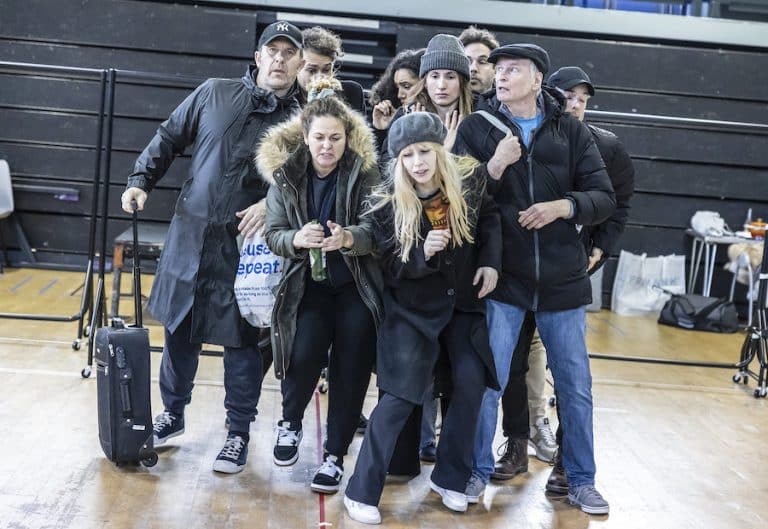
Review: Girl on the Train at LOWRY is a’ tour de force in psychological drama’
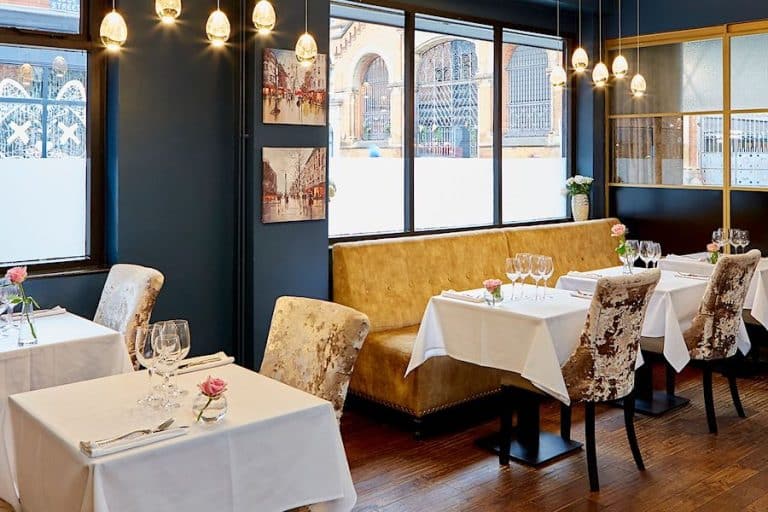
Where the Michelin Guide recommends to eat in Manchester









